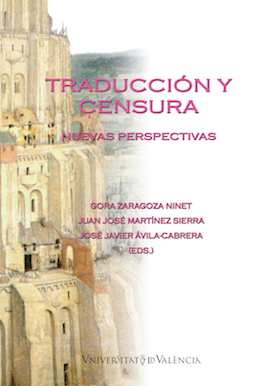Censorship in political correctness: Audiovisual translation enters the scene
DOI:
https://doi.org/10.7203/qf-elit.v20i0.7539 Abstract
Abstract
A funamental aspect for a translator is related to those factors that determine their translation proposal. It is precisely in such proposals where we can appreciate both the ideology and the receiver of the translated product. In the case of AVT, the receiver cannot be only identified with the audience of the film, but they also encompass the moral system of a specific historical moment. We agree with Julia Kristeva that the relationship between two texts is always presented negatively; and it is precisely in the negation of such identification and in its transformation that we find the ideological gesture par excellence. The present study aims to identify such transformation in the AVT space and unveil censorship and manipulation of the realities depicted in the original text which cause, in turn, a false image of reality.
 Downloads
Downloads
Downloads
Published
How to Cite
-
Abstract1325
-
PDF (Español)1774
Issue
Section
License
 Este obra está bajo una licencia de Creative Commons Reconocimiento-NoComercial-SinObraDerivada 4.0 Internacional.
Este obra está bajo una licencia de Creative Commons Reconocimiento-NoComercial-SinObraDerivada 4.0 Internacional.
Authors who publish with this journal agree to the following terms:
- Authors retain copyright and grant the journal right of first publication with the work simultaneously licensed under a Creative Commons Attribution License that allows others to share the work with an acknowledgement of the work's authorship and initial publication in this journal.
- Authors are able to enter into separate, additional contractual arrangements for the non-exclusive distribution of the journal's published version of the work (e.g., post it to an institutional repository or publish it in a book), with an acknowledgement of its initial publication in this journal.
- Authors are permitted and encouraged to post their work online (e.g., in institutional repositories or on their website) prior to and during the submission process, as it can lead to productive exchanges, as well as earlier and greater citation of published work (See The Effect of Open Access).




